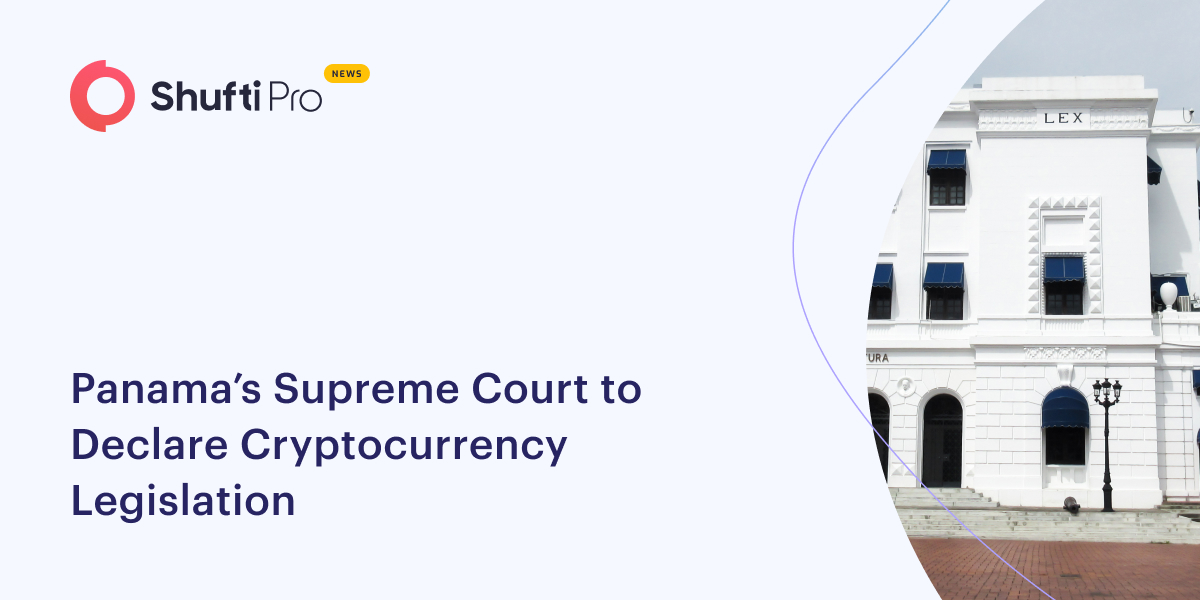Panama’s Supreme Court to Declare Cryptocurrency Legislation

Panama’s Supreme court to decide whether to modify the “crypto bill” or approve it without amendments.
Panama’s cryptocurrency bill has reached a new update, with the supreme court ready to decide the future of the local crypto industry.
On January 26th, 2023, Panamanian President Laurentino Cortizo forwarded the crypto legislation to the high court for review, stating the so-called “crypto bill” violates the constitution’s principles and is unenforceable.
The supreme court must now decide whether to approve Bill No. 697 unenforceable or with modifications.
According to the official statement, articles 34 and 36 of the bill disobey the state’s separation of powers and specify administrative structures with the government. It is the reason the president’s office considers the bill unenforceable.
President Cortizo also mentioned the bill’s approval via insufficient procedures following his partial veto of the legislation in June 2022. At that time, the president argued for more improvements to the bill to comply with the new regulations of the Financial Action Task Force (FATF) aimed at preventing money laundering and adding fiscal transparency.
The dispute between the Panamanian government and the National Assembly has centred on this bill. In April, the lawmakers introduced a new legislative proposal aiming to regulate the cryptocurrencies in Panama, including Bitcoin. However, the President warned a few weeks later that he would only approve the legislation if it covered the additional AML (Anti-Money Laundering) rules.
The bill was announced in September 2021 and aimed to make the nation “compatible with the digital economy, blockchain, crypto assets and the internet.” It was moved out of the Economic Affairs Committee on April 21 and was approved a few days later.
Based on the legislation, Panamanians “may freely agree on the use of crypto assets, including without limitation Bitcoin and Ethereum” as an alternative payment for “any civil or commercial operation.”
Furthermore, the bill would regulate the tokenisation of precious elements and the issuance of digital value. The government’s innovation authority will also explore the possibilities of digitising identity using the blockchain or distributed ledger technology.
Suggested Read:

 Explore Now
Explore Now













